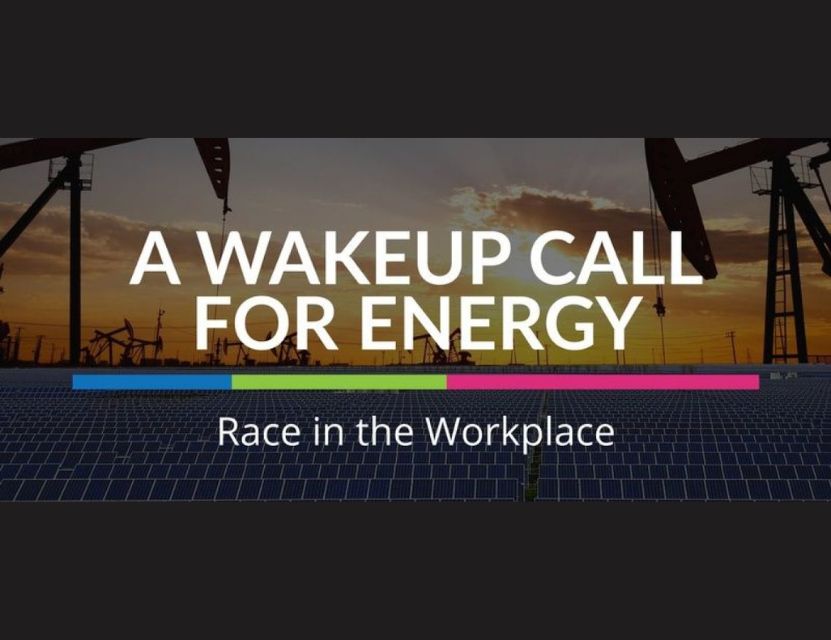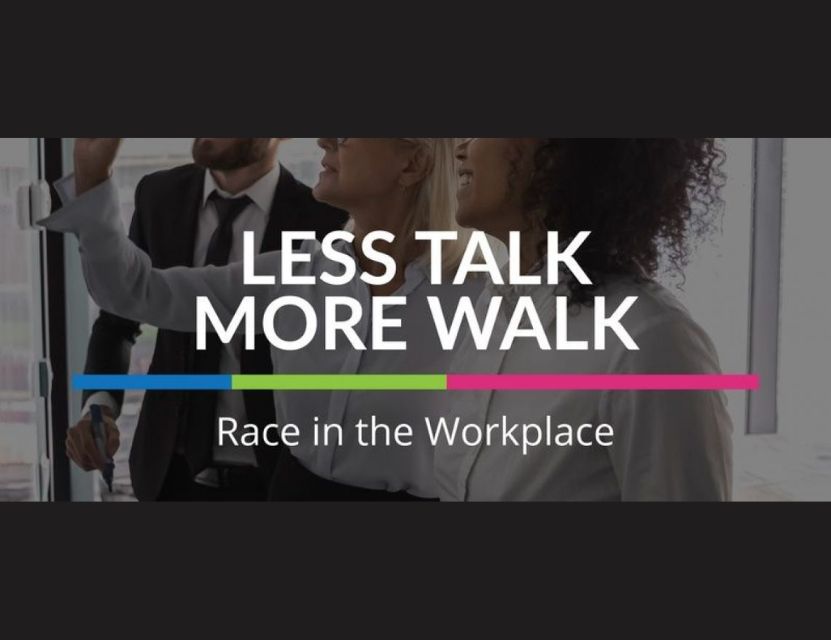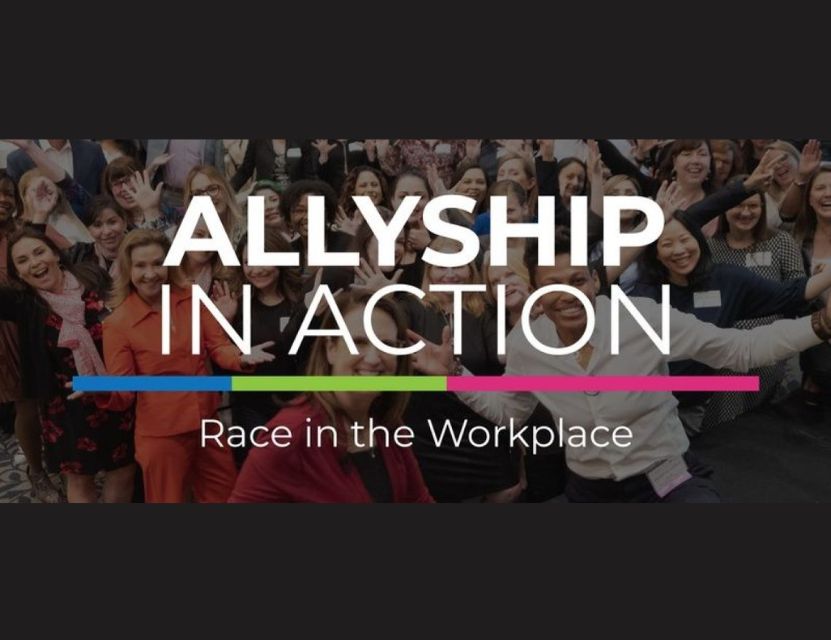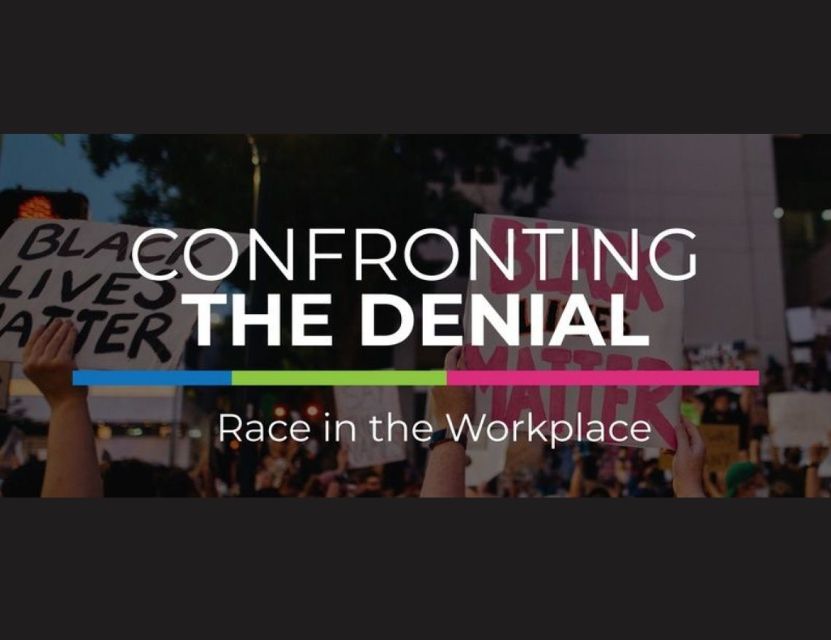This is the first episode of the Voices of Energy's new limited series, Race in the Workplace. This series compiles the insights of several black energy professionals from our conversations with them during the Summer of 2020. This episode, "A Wake-Up Call for Energy", is centered around the energy industry's history of shying away from social issues, and how the Black Lives Matter movement has put pressure on many organizations to be more open in addressing racial inequality in their workplace.
Why energy keeps quiet (01:24)
ALLY staff member and the emcee of this series, Amy Deaton, opens up the episode with a quote from Gaurdie Banister Jr., the former CEO of Aera Energy and member of the DOW Board of Directors. Gaurdie shares his opinion on why the energy industry often remains quiet around social issues, providing two overarching reasons. The first being that the industry's timid culture around safety corresponds to a cautious and very inward facing attitude toward social justice. He then suggests that the issue of climate change has been the first force to change this, pressuring organizations to address and take climate action. But, that bridge still hasn't been crossed for race. The second reason he lists for why energy is not outspoken is because of how non-consumer facing most of the industry is. He notes that for upstream businesses they don't have individual customers to address, but the closer you get down the supply chain to more B2C operations, the more outspoken organizations become, because consumers demand it.
The war on talent (03:28)
Amy then transitions to another snippet from a conversation with Gaurdie, where he emphasizes why it's so critical for the industry to be more proactive in addressing and taking action on racial injustice. He talks about how the industry cannot afford not to take action when they are battling for talent with the Google's and Amazon's of the world. It's important for organizations to develop an inclusive environment to retain existing employees and attract new talent.
Creating a sense of urgency (04:27)
Amy next passes it off to Rodney Williams, lead project manager for National Grid to talk about how to create a sense of urgency in organizations to take action on racial issues. Rodney talks about the rise of so-called "cancel culture" whereby many organizations are being called out for not having diversity initiatives. He notes that as an employee, you can use examples of companies who have been called out to make your senior teams aware of the risk associated with not making diversity and inclusion a priority.
Inequity in energy access (05:30)
The next speaker in this episode is Paula Glover, who is the former President and CEO of the American Association of Blacks in Energy, and now the President of the Alliance to Save Energy. The conversation shifts from the importance of addressing racial inequality in energy, to the importance of addressing inequal access to energy. Paula recounts a conference she attended where she heard about a project to bring electricity to 15,000 Navajo families who didn't have access to electricity. She remembers being shocked and heartbroken that communities in America lacked energy access. She emphasizes that the industry needs to be sensitive to the needs of underserved black and indegenous communities. But, she notes that this isn't going to happen if the industry keeps trying to solve these types of problems alone. Rather, they should be working with these communities and getting input from marginalized voices in order to better tackle the inequalities of energy access.
A promising future (07:10)
While the energy industry does have a history of shying away from social issues, Amy declares that the future looks promising. Energy organizations are working to bring black and other minority voices to the surface through D&I metrics, listening sessions, and other initiatives. But, progress takes time, and we can't expect that these racist inequities to turn on a dime. This is something Gaurdie talks about at the end of the episode. He brings up this notion of being "patiently impatient": recognizing that on the one hand, systemic racism has been embedded in many of our institutions, meaning it can't be solved overnight, so in that sense, we must be patient. But, on the other hand, right now, in this moment, it is imperative that we be impatient. We can't continue to allow racist acts to happen without intervening and taking a stand in our day to day lives.
Reflection (08:38)
Katie Mehnert, the Founder and CEO of ALLY Energy, closes the episode with a couple thought-provoking questions and actionable items.
- Think about Gaurdie's idea of being "patiently impatient", what are some "impatient" goals you and/oryour company can act on right now?
- What are some specific ways your company can benefit from a more proactive and outward facing approach to racial issues? Keep in mind your position in the industry: upstream, pipeline, downstream, power, renewables. How does this play a role?




